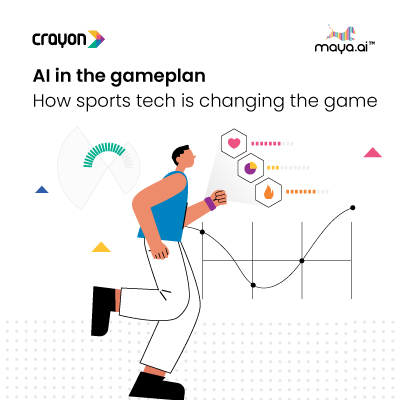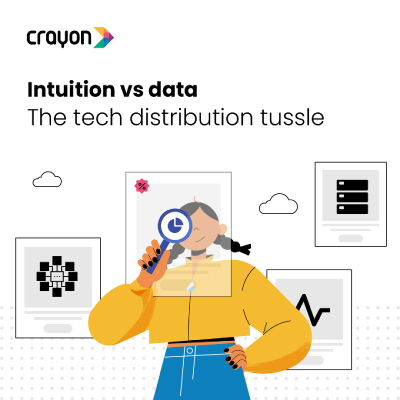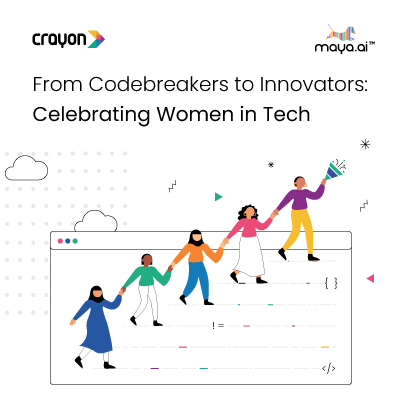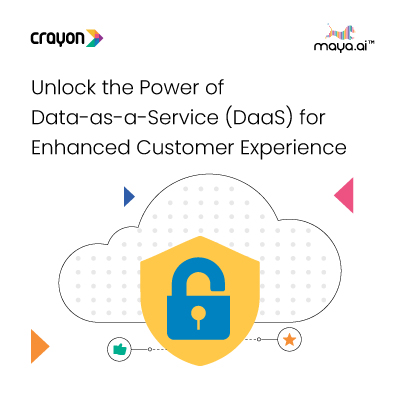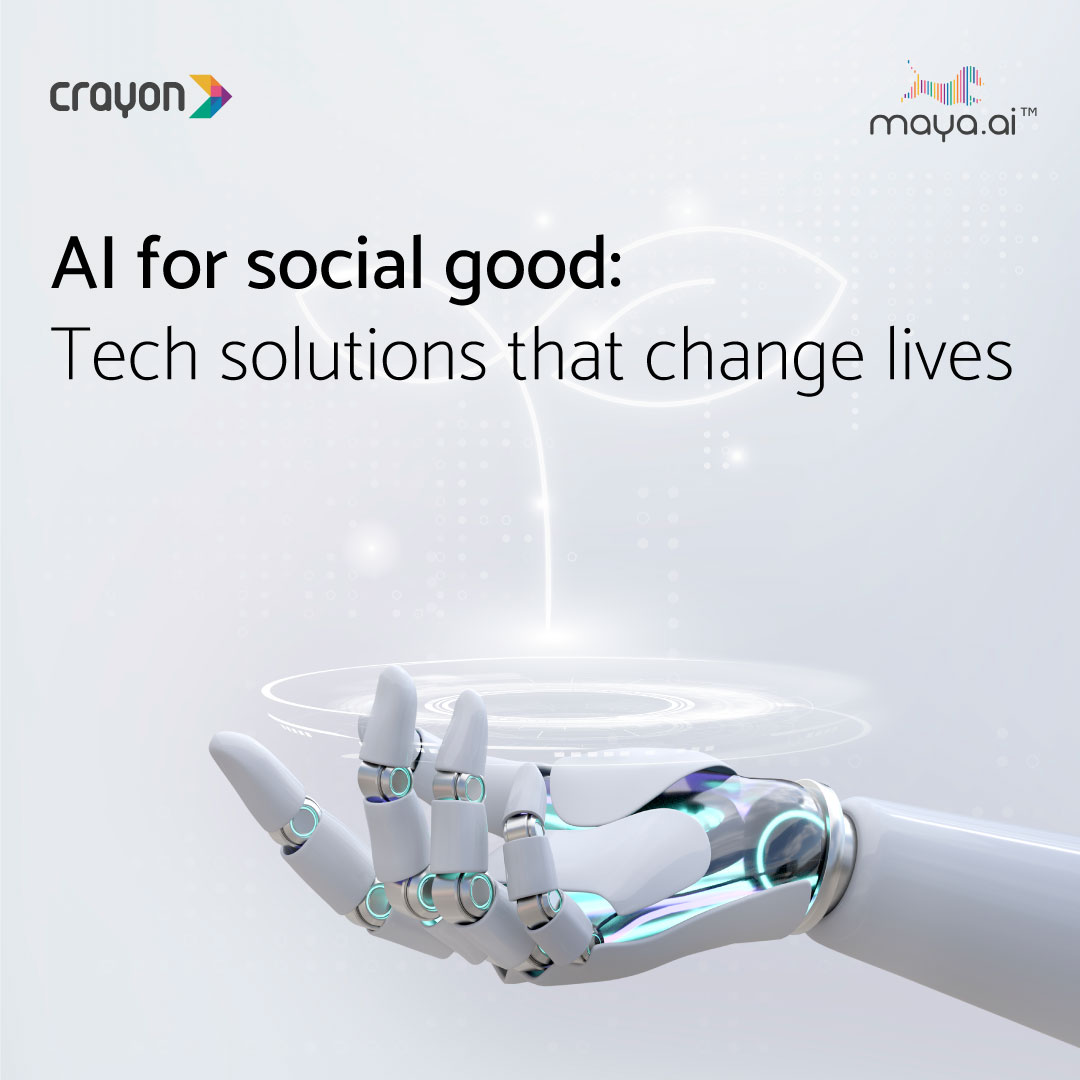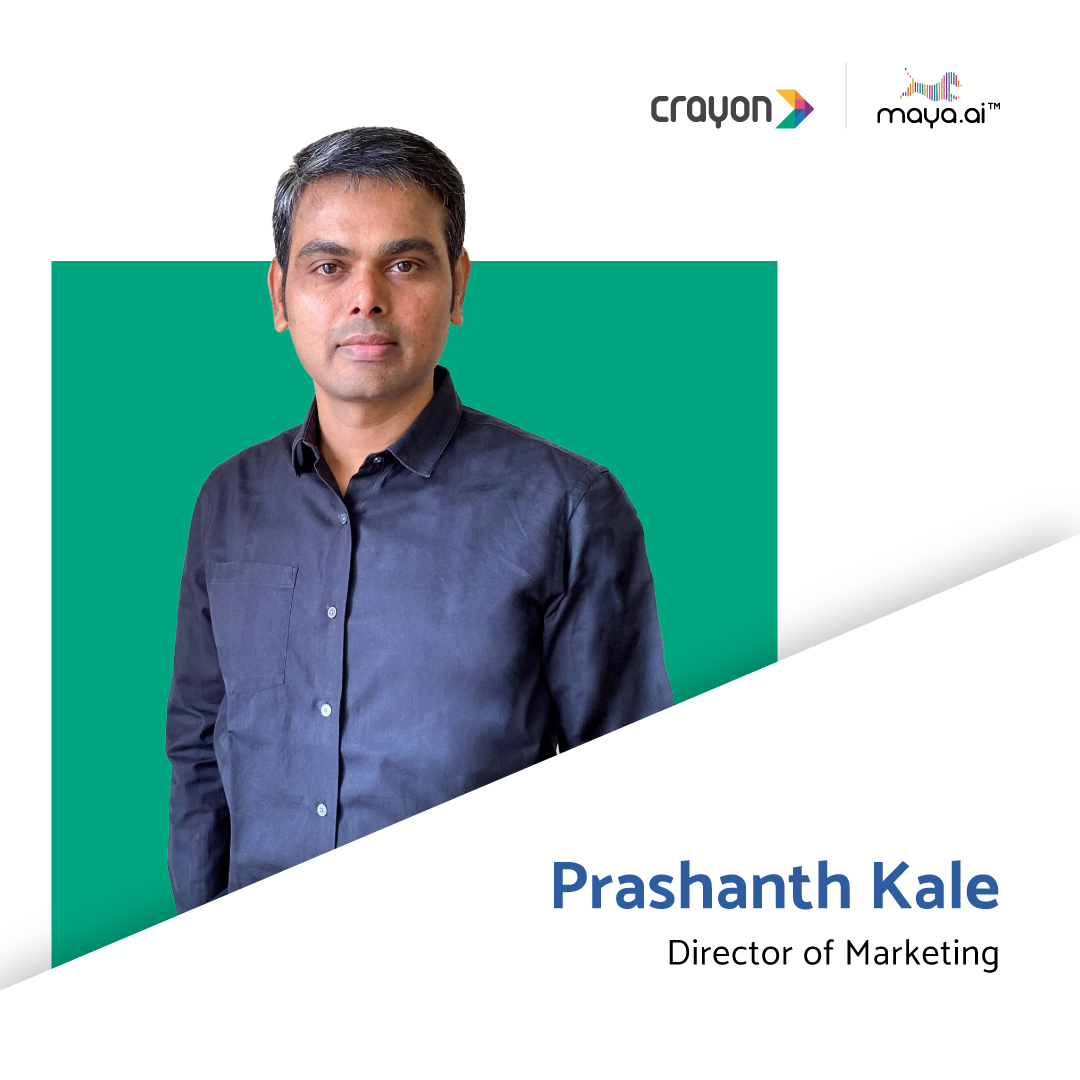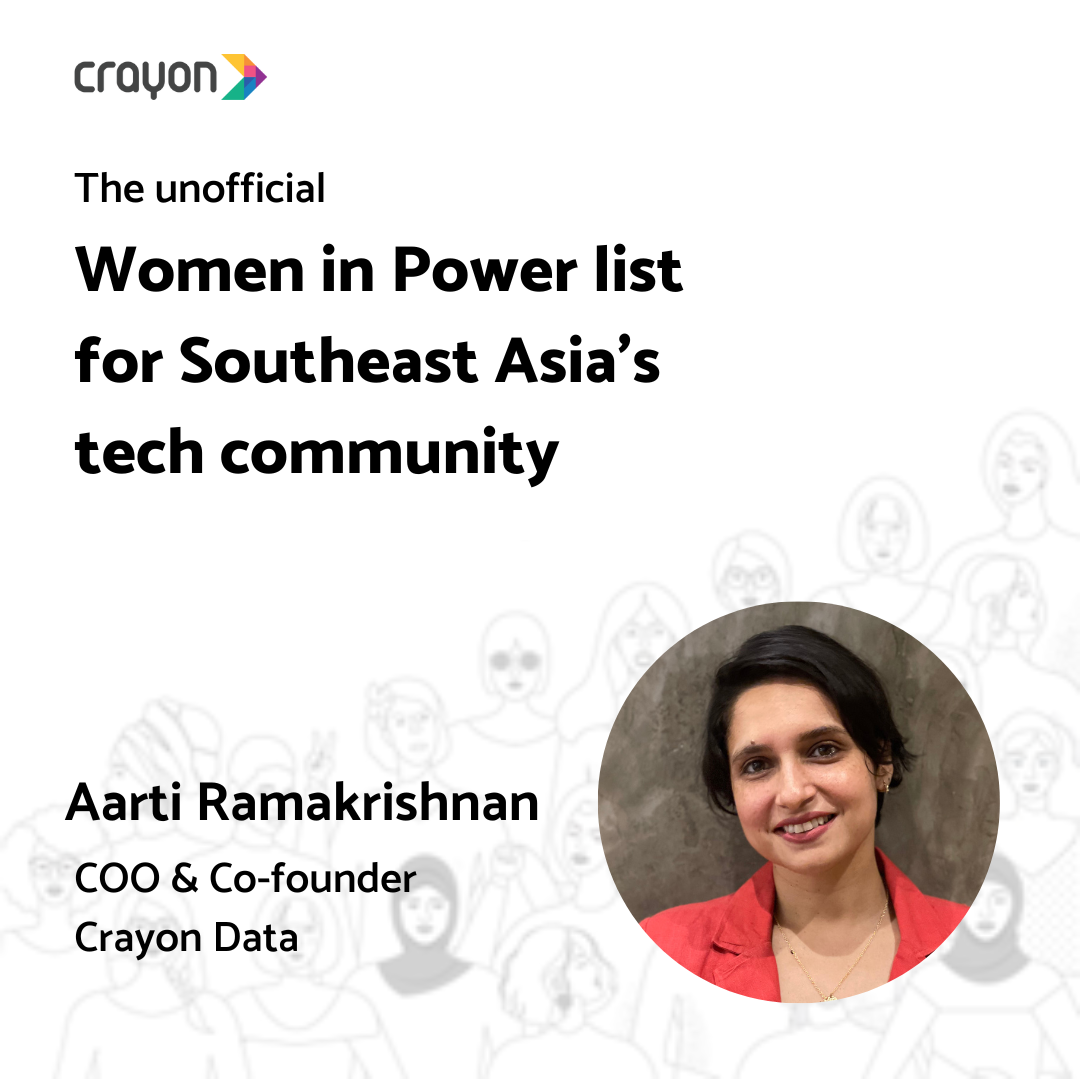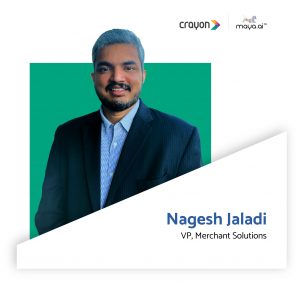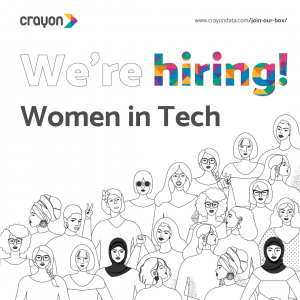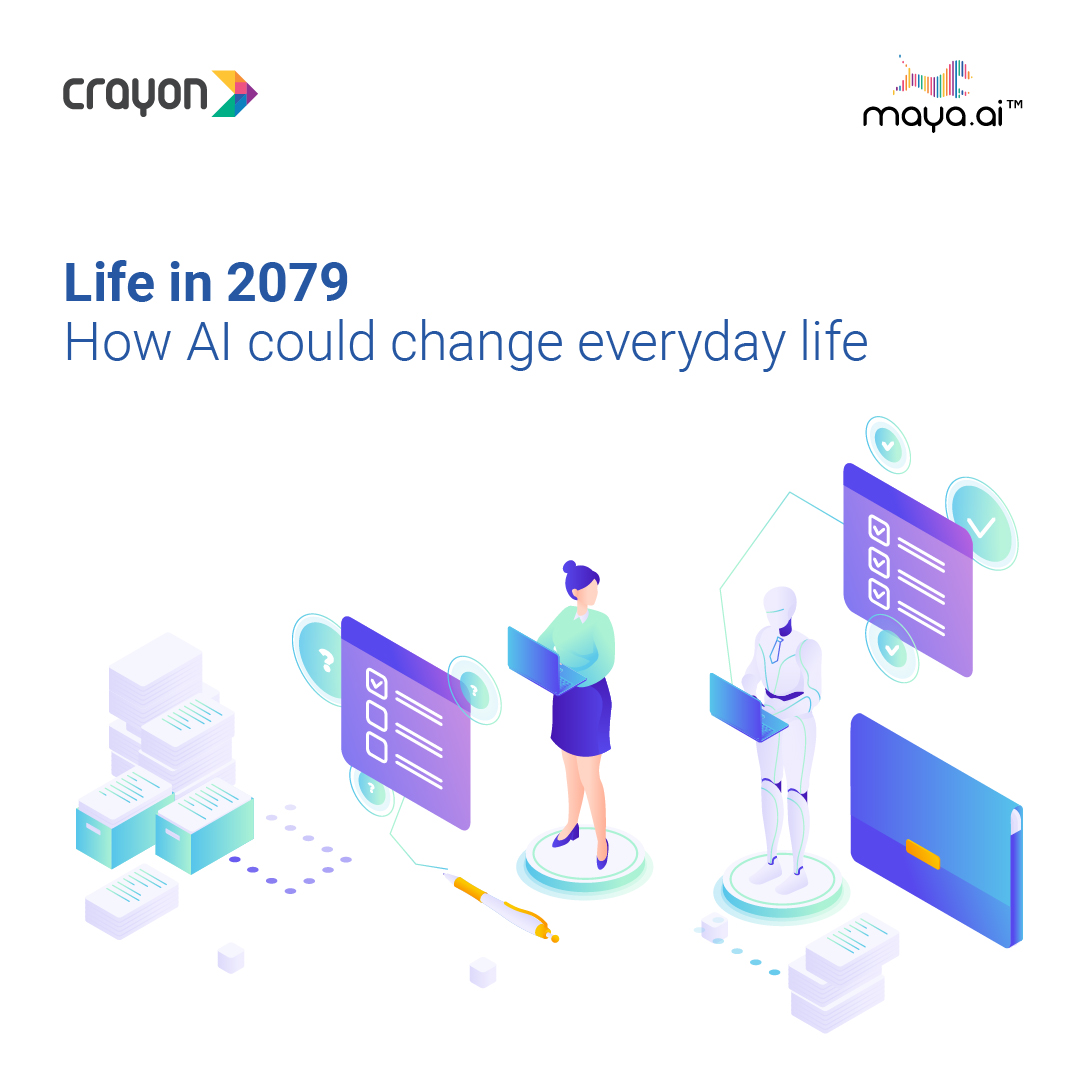
From home offices to hybrid model to the gig economy, the idea of ‘work’ has evolved considerably over the past few years. Priti Shetty, the Chief People and Culture Officer at WeWork, rightly summarises the change in two sentences, “Flexibility is no longer a privilege. It has become a necessity.”
Speaking at the first Crayon Lighthouse Fireside chat for 2023, Priti shared her candid thoughts – and relevant anecdotes – on how companies can best navigate this evolution. Priti comes with ~22 years of HR experience. She has successfully led global and regional initiatives, in varied industries like retail, technology, financial services, ITES, e-commerce and co-working, influencing multiple, cross-cultural stakeholders. In addition, her personal interests include snorkeling, bird-watching, and long walks with rescued dogs.
Here are three key takeaways from her talk, which covered everything from the future of workplace culture to effective talent engagement.
1. The map from present to future
The pandemic had a massive, unprecedented global impact. It forced enterprises to think about alternate realities. Over the last couple of years, some companies have reaped the benefits of flexibility. Others still view it as a nice-to-have.
In Priti’s experience, most employees prefer to work from office for two to three days a week. “This hybrid model ensures workplace bonding and helps avoid blurring of personal-professional boundaries,” she explains. That being said, policies also depend on the nature of the enterprise. The term “work from office” or “work from home” cannot mean the same for everyone, or at all times.
2. The manager – team symphony
Times have changed but the manager-team dynamic has not. It has never been more important to train new team members so they can be aligned with their managers. The result: better handling of issues, avoiding expensive mistakes, and reducing employee turnover. Transparent communication, lesser micromanagement and company-wide knowledge of OKRs have scored major points in bettering the manager-team relationship.
3. People need purpose
To help employees help your enterprise, it is important to let them know their purpose. And where they fit in as they work towards achieving your company’s mission. If your company asks, “But that was not the case 50 years ago! Why change now?” Enterprises that refuse to change with the times are sure to be in for an unpleasant surprise.
Employees want to know how their work aligns with the future of the company as well as their own career. This allows them to focus on their goals and drive growth. Additionally, Inclusive policies that give importance to the human aspect helps people bond better with the enterprise they work for. It doesn’t stop at celebrating Pride Day or Month. It involves tailoring policies for LGBTQ+ people, making better provisions for single parents or people whose health may be at a disadvantage.
It’s all about creating better facilities that make the office a safe place for everyone.

